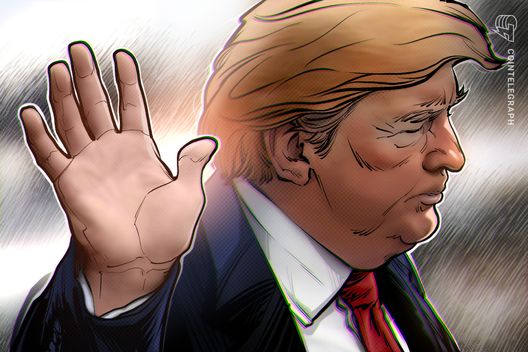Japan is gearing up to implement new regulations that aim to firmly restrict insider trading within the cryptocurrency sector. This initiative, reported by Nikkei, outlines the intention to extend significant powers to financial regulators. These new powers will include the ability to impose fines proportional to illegal profits and initiate judicial proceedings in serious violation cases. The goal is to align cryptocurrency oversight with existing securities market regulations through amendments to the Financial Instruments and Exchange Act (FIEA). Completion of this regulatory framework is slated for 2025, with legislative proposals anticipated in 2026.
What Does the New Draft Include?
The regulatory draft specifically targets the prohibition of trading on non-public information related to cryptocurrencies. This is a departure from the Japan Virtual Currency Exchange Association’s limited self-regulatory approach. The Securities and Exchange Surveillance Commission (SESC) will now have the authority to investigate questionable transactions and suggest penalties based on illegal profits. In the most serious cases, these could be escalated for criminal investigation. Such measures are deemed necessary due to the previous inadequate scope of oversight within the crypto market.
How Will the Timeline Unfold?
The outlined plans intend to give regulatory authorities clear mandates to prevent market volatility due to information leaks before listings. An area of focus is the challenge posed by “issuer uncertainty,” especially relevant to decentralized tokens. There’s an ongoing dialogue about who should be identified as “insiders,” a topic the expert working groups will explore. Ultimately, these efforts aim to establish robust public supervision instead of control limited to internal exchange rules.
The anticipated regulations are seen as a way to increase institutional confidence in Japan’s cryptocurrency market, which has seen significant user growth. By integrating crypto with traditional financial systems, the measures are likely to improve transparency in exchange operations, ensure fair access to information, and bolster investor protection standards. The upcoming timeline suggests that local exchanges may increase their investments in compliance measures and refine their internal controls during the listing process.
Several conclusions can be drawn from the impending regulatory changes:
– Expected legislation by 2026 could reshape the landscape of cryptocurrency trading.
– Clearer definitions and enforcement will align crypto oversight with traditional markets.
– Exchanges may need to enhance compliance and transparency significantly.
Japan’s move emphasizes a serious intent to tighten rules and prevent underhanded market practices. With projected enforcement by 2026, local players in the crypto space are encouraged to align with these upcoming standards to avoid complications. The focus on establishing a legitimate and trustworthy trading environment is likely to have long-lasting impacts on how cryptocurrencies are managed within the country.
Disclaimer: The information contained in this article does not constitute investment advice. Investors should be aware that cryptocurrencies carry high volatility and therefore risk, and should conduct their own research.
















 English (US)
English (US)